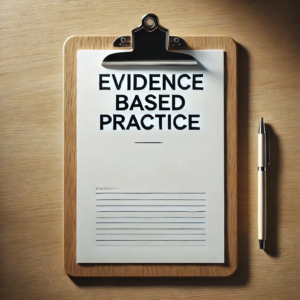Overview:
This course explores the assessment and documentation of pain and suffering for compensation claims, with a strong focus on vocational impact and Activities of Daily Living (ADLs). Learners are introduced to the ways physical and emotional suffering are evaluated in the context of Australian workers’ compensation and Compulsory Third Party (CTP) claims. The curriculum emphasizes objective functional assessments, the role of medical and psychological evidence, and the legal frameworks governing compensation for pain, suffering, and functional loss.
Key Learning Objectives:
By the end of this course, learners will be able to:
- Assess Emotional and Physical Suffering for Claims
- Describe how emotional suffering is evaluated using psychological assessments and self-reports.
- Recognize the importance of both pain severity and psychological distress in compensation processes.
- Understand Compensation Principles
- Explain the primary focus of workers’ compensation, including partial income replacement and vocational rehabilitation.
- Outline the support mechanisms for claimants, such as counselling and workplace adjustments.
- Evaluate Functional Capacity for ADLs
- Identify and perform functional tests (e.g., Range of Motion) to objectively document limitations in ADLs.
- Understand the significance of measurable evidence in supporting compensation claims for functional impairment.
- Apply WPI Assessments in CTP Claims
- Define Whole Person Impairment (WPI) and its role in determining permanent impairment and eligibility for compensation.
- Recognize the use of the American Medical Association’s Guides for WPI assessments and the requirement for accredited practitioners.
- Integrate Vocational Perspectives
- Assess how pain and suffering affect vocational activities and work capacity.
- Distinguish between vocational disability and functional limitation due to pain.
- Navigate Legal and Professional Requirements
- Identify the legislative frameworks, such as the Workers’ Compensation and Rehabilitation Act, that govern compensation claims.
- Understand the roles of occupational physicians and other professionals in independent medical evaluations.
- Support Rehabilitation and Return to Work
- Explain the process and importance of vocational rehabilitation in helping claimants transition to suitable work roles.
- Evaluate the impact of pain and suffering on quality of life and loss of enjoyment in daily activities.
Target Audience:
- Occupational physicians and medical assessors
- Workers’ compensation case managers
- Rehabilitation and return-to-work coordinators
- Insurance claims professionals
- Allied health practitioners involved in injury management
Course Highlights:
- Case Examples: Real-world scenarios of compensation claims involving pain and functional loss
- Assessment Tools: Guidance on functional capacity evaluations and WPI assessments
- Legal and Ethical Context: Detailed exploration of relevant legislation and professional responsibilities
- Practical Application: Strategies for supporting claimants through rehabilitation and workplace adjustment
Outcome:
Participants will be empowered to effectively assess, document, and support compensation claims involving pain and suffering, ensuring a fair evaluation of both vocational and daily living impacts. The course fosters an objective, evidence-based approach that integrates medical, psychological, and legal considerations for optimal outcomes in compensation and rehabilitation.







Reviews
There are no reviews yet.